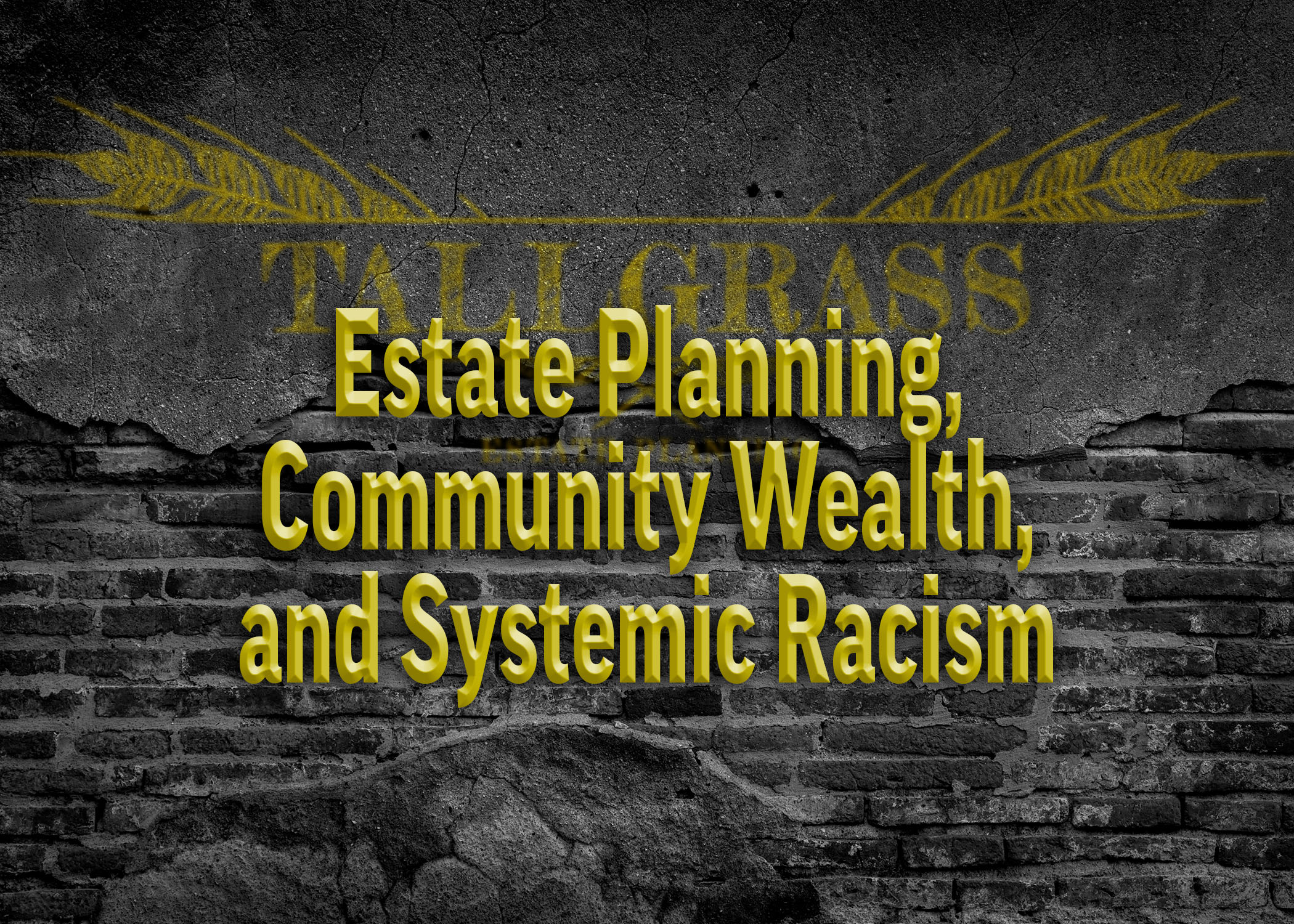
A few months ago, my wife and I noticed a crack forming in the concrete floor underneath the carpet in our daughter's bedroom. What started as mild concern grew into real anxiety as we felt the crack grow larger within a few short days. We called a structural engineer to check the integrity of the house, a plumber to check for slab leaks, and a few different specialists to get estimates on repairs.
After we were equipped with the information, we were faced with a choice:
- Spend several thousand dollars on something we can't even see or enjoy.
- Do nothing, wait for the problem to grow even larger, and spend even more money later.
Tucked inside that first option is one of the key reasons it's so hard to spend money, time, emotion, and other limited resources on really important things like life insurance, retirement savings, and estate planning (or cracked slabs).
IT'S HARD TO SPEND MONEY ON INVISIBLE THINGS.
It's not easy to spend hard-earned money on things you can't see. Or, quite frankly, on things that others can't see. Our culture trains us to be "conspicuous consumers." In other words, we are encouraged to spend our money purchasing things that tell others what to think about us - our economic prosperity, our values, etc.
WHEN WE SPEND MONEY ON INVISIBLE THINGS, WE DON'T GET THE PSYCHOLOGICAL PAY-OFF WE'VE LEARNED TO EXPECT.
Even though we know things like planning, retirement, and insurance are important, it still often requires a crisis before we will make them priorities. At that point, we have no choice but to dedicate resources to them. And, at that point, due to the crisis, they often require many more of our resources - dollars, time, emotions - than they would have if we'd just planned ahead.
While there are a lot of reasons why people delay (or altogether avoid) important planning, the pressure to "keep up with the Joneses" by spending money on all of the visible things - cars, vacations, clothes, etc (which, admittedly, are not bad things) - is a major one. The solution to this problem is internal and requires an honest look at our priorities and a shift of focus.
Do we want to keep surrendering to the cultural pressure to value only those things that could show up on an Instagram feed?
Or do we want to demonstrate to ourselves, our children, and our communities that the most important things in life can't always be seen?
Spend your resources FIRST on the kinds of things that create peace of mind for you and your family. THEN, once those things are in place, travel the world, buy a nicer car, treat yo' self to whatever you can, not to impress the neighbors, but because life is short and should be enjoyed. And we're convinced the most enjoyment is possible when you've attended to your foundation.

















